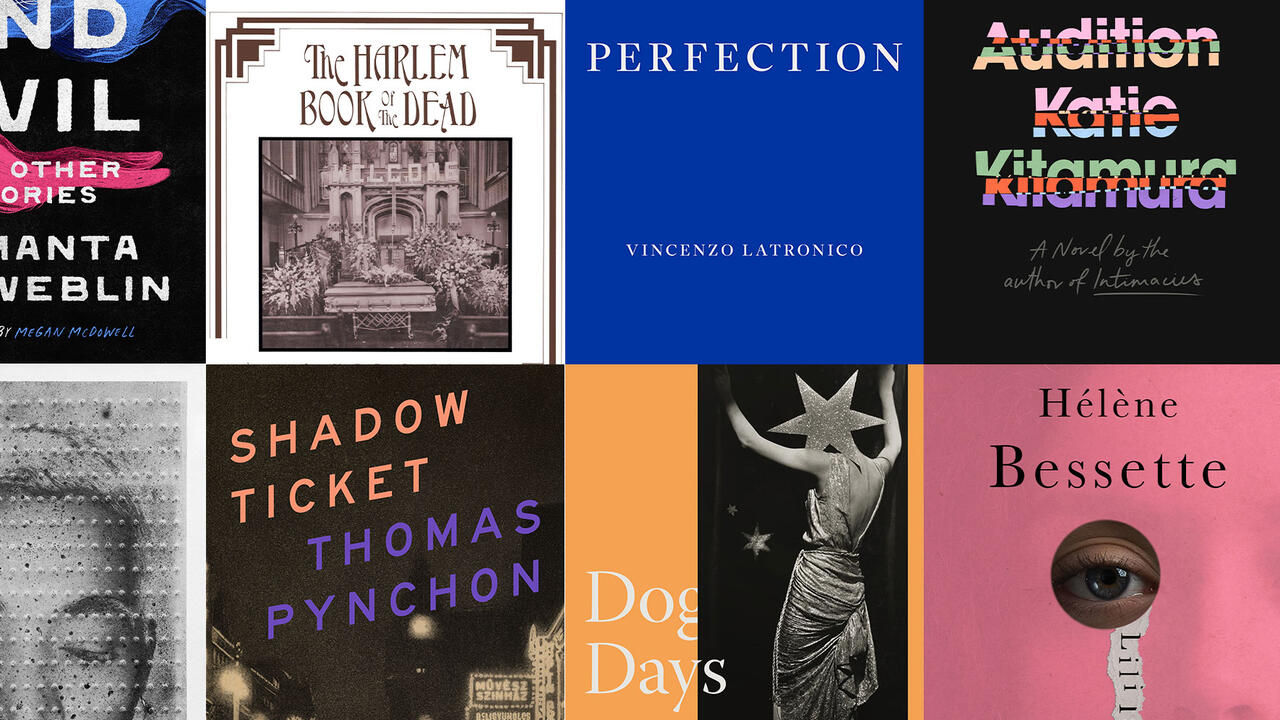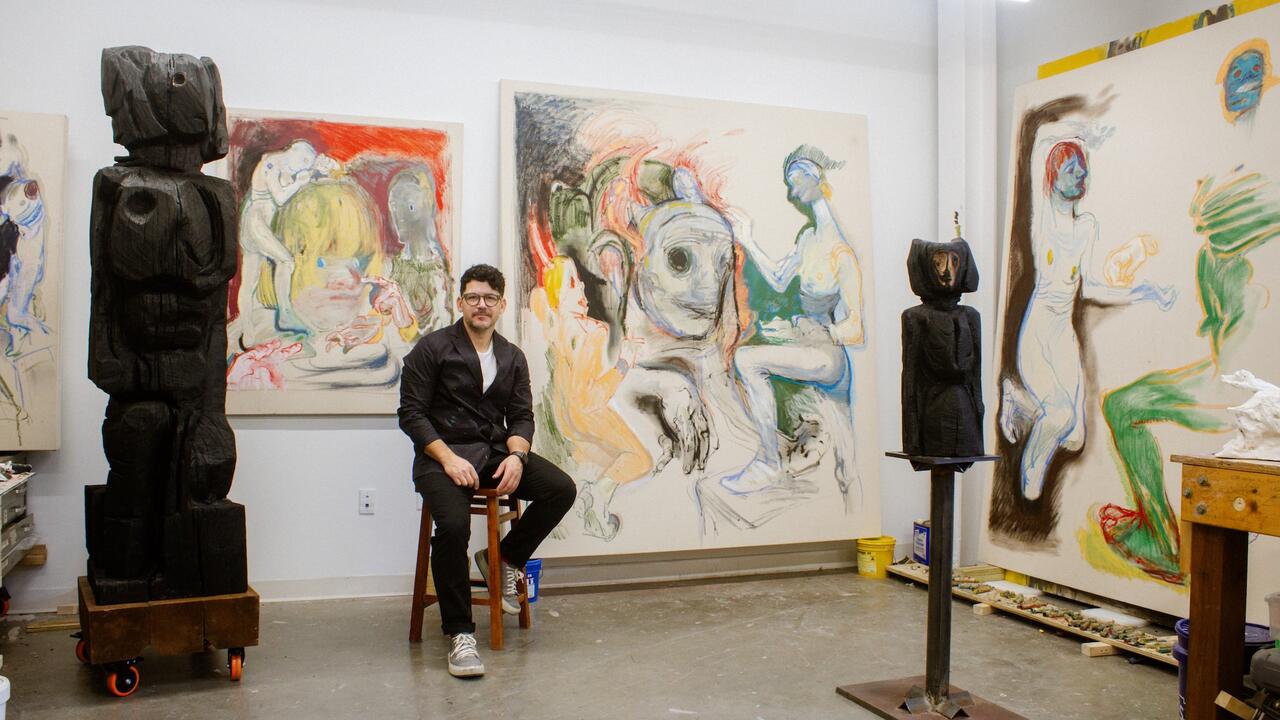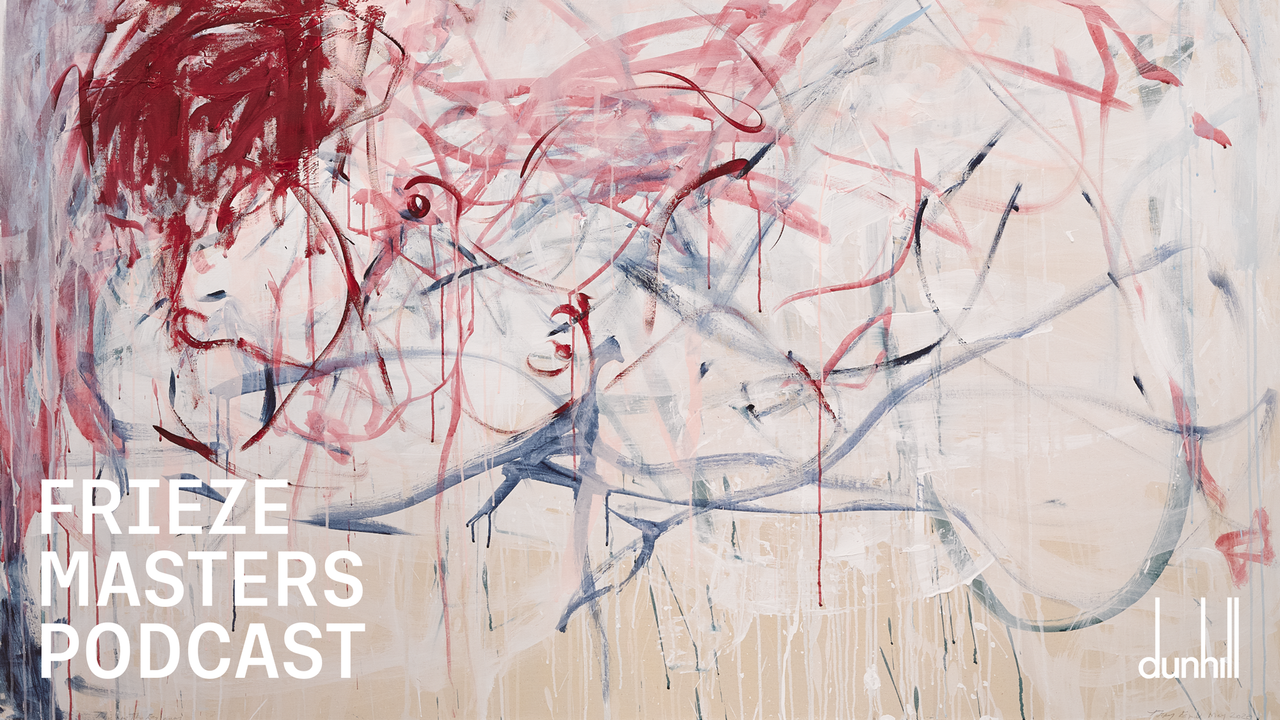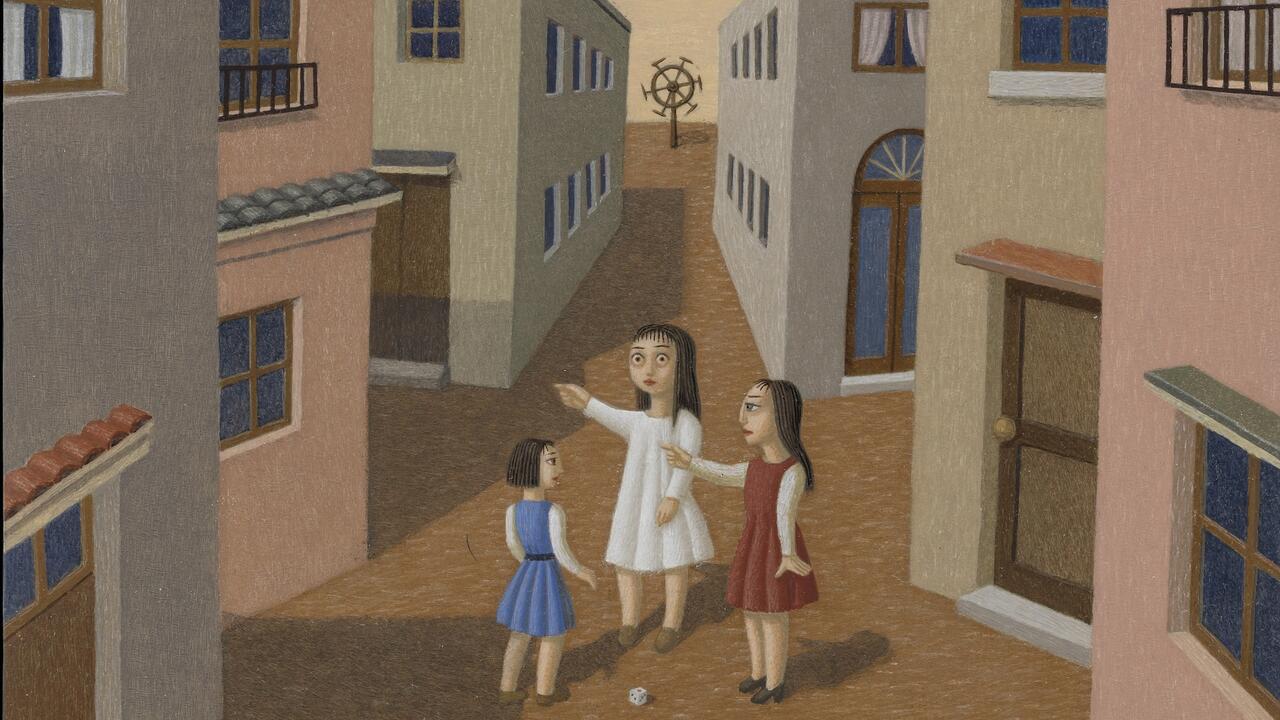Culture Could Become ‘Province of the Rich’: New Research Reveals Extent of England’s Arts Education Crisis
English arts education is declining in both quality and quantity, new statistics show
English arts education is declining in both quality and quantity, new statistics show

Arts education in English primary schools is declining both in quality and quantity, new research published by the Fabian Society has revealed.
Statistics, published in a report entitled Primary Colours, reveal a dire downward trend in English arts education. Two thirds of primary school teachers (68%) in England said there is less arts education now than in 2010, while half (49%) said the quality had decreased in the same period.
Funded in part by actor and author Ben Elton, the research found that a series of factors including a narrowing curriculum, pressure on school budgets and demands of national exams contributed to the decline.
Elton said: ‘It is so very sad that there has been such a shocking decline in arts education in our primary schools. The arts open minds, broaden horizons and help children to learn. They also make a huge contribution to the economy,’
‘Our creative talent is a precious national resource, it shouldn’t be only the private schools producing the next generation of actors, musicians, writers and designers. The government must act to ensure that the arts are at the heart of every child’s education.’
Lord Clancarty, a crossbench Peer quoted in the paper, has warned: ‘There is a real danger … that the arts will become a province only of the rich’.
Last year frieze surveyed eight leading UK artist on the dangers of a decline in arts education. Respondents, including Rose Wylie, Ryan Gander and Zarina Bhimji warned against any further cuts to resources. Conceptual artist Rose English said: ‘Culture is the birthright of every child. No child should be denied access to or discouraged from learning, practising, participating in or enjoying arts subjects at school because of their economic status or class background.’
The Fabian society’s research also reveals a lack of support and resources for teachers. More than half (56%) said they do not believe they have access to the resources and support to deliver high-quality arts education. Furthermore, teachers in northern England are more likely to feel that there is a lack of resources and support compared to teachers in other regions. 45% of respondents also said that they lacked the skills and experience needed to provide a high-quality arts education.
Responding to the survey, teachers reported having to ‘fight for every penny’, while one teacher said: ‘There is little money in school for glue, paper and clay. I have to ration my resources extremely tightly and it limits what I can offer. For years we’ve only had a set of dirty, broken and worn-out box of mismatched musical instruments.’
The report concludes by making a series of recommendations to tackle the crisis. These include: providing GBP£150m ringfenced funding for arts education in English primary schools; appointing an arts specialist in each school; granting free music or singing lessons to every primary school child in England for three years; and giving a free annual visit to a local arts institution for every primary school child.





















